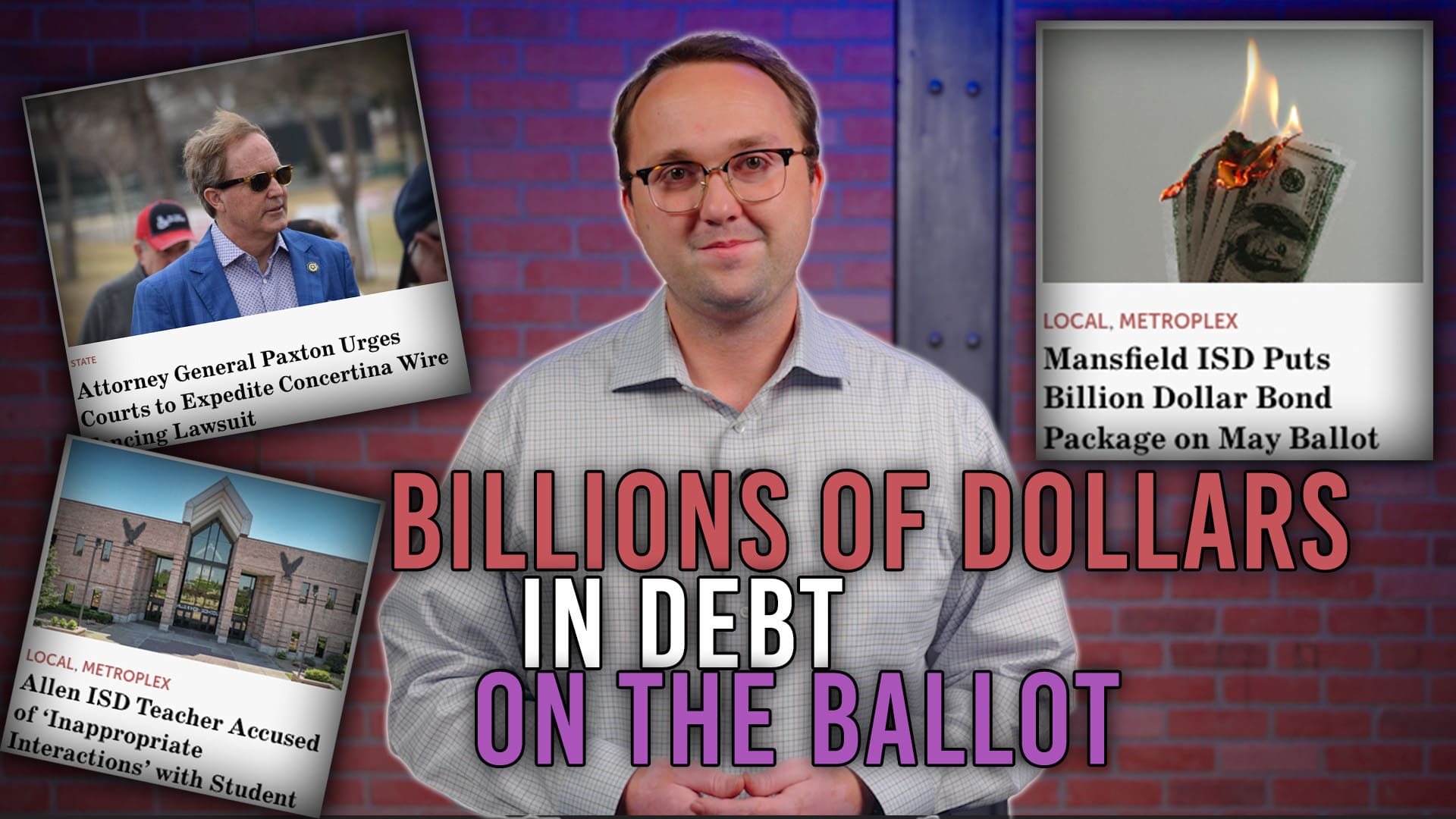It happens every two years. All 150 members of the Texas House of Representatives, as well as around half of those in the Texas Senate (barring sessions after redistricting), must decide whether they will file again for re-election or if they will hang it up and move on.
Unlike 15 other states, Texas has no term limits for its state legislators, meaning each member has the freedom to run as many times as they please, and voters have the option of sending them back or not.
State Rep. Tom Craddick (R–Midland), for example, has been in the Texas House since 1969, before Neil Armstrong walked on the moon.
Of course, not every lawmaker desires to serve that long. In the wake of every legislative session, some of them are often expected to retire. But this year, things are different. With the filing deadline for candidates less than a week away, the vast majority of incumbent lawmakers in both chambers have indicated they are staying put.
The following House members have announced they will not be running for re-election, or have already resigned:
| District | Member | Reason |
| 10 | John Wray | Retired |
| 25 | Dennis Bonnen | Quid pro quo scandal |
| 26 | Rick Miller | Inapproriate comments |
| 28 | John Zerwas | New job with University of Texas System |
| 47 | Poncho Nevárez | Cocaine arrest |
| 76 | Cesár Blanco | Running for Texas Senate |
| 92 | Jonathan Stickland | Retired |
| 100 | Eric Johnson | Became Dallas mayor |
| 119 | Roland Gutierrez | Running for Texas Senate |
| 138 | Dwayne Bohac | Retired |
| 148 | Jessica Farrar | Retired |
That’s only 11 members.
Of those 11, four members are leaving for new jobs or campaigns for new offices. At least three are leaving after finding themselves embroiled in political scandals or controversy.
Speaker of the House Dennis Bonnen is leaving after an audio recording revealed he attempted to offer media credentials to Empower Texans CEO Michael Quinn Sullivan in exchange for the political targeting of certain Republican House members.
Democrat State Rep. Poncho Nevarez (Eagle Pass) was similarly forced to announce he would not seek re-election after being caught with cocaine in an Austin airport.
And just this week, State Rep. Rick Miller (R–Sugar Land) was pushed into ending his re-election bid by Gov. Greg Abbott and the Republican Party of Texas after he made inappropriate and clumsy comments about his Asian primary opponents to the Houston Chronicle.
In the Texas Senate, where 16 seats are open for re-election, only Democrat State Sen.Jose Rodriguez (El Paso) is retiring after serving in the Texas Legislature since 2011.
In the part-time Texas Legislature, where politicians often remind us they only receive a meager salary of $7,200, shouldn’t Texans expect more members to cycle in and out of the pink dome?
In other words, why does it take a scandal for a member to finally leave?
Well, for one thing, that salary is more than it first appears.
In addition to the $600 a month each legislator receives, they also are entitled to $221 in per diem each day of the legislative session, regardless of whether or not they are present. They can also collect per diem every time they go to Austin for legislative business outside of the session. That adds up to more than $25,000 in additional per diem allowances.
The real prize, however, is the pension.
Based on the salary of a state district judge—currently set at $140,000—lawmakers are allowed to vest in a pension after eight years in office. A tenure of 12 years in office allows the lawmaker to begin receiving payments at the ripe old age of 50.
Simply put, the longer a lawmaker serves in office, the more of a district judge’s salary they get.
If Texans desire to return to the spirit of a citizen-led legislature, they must first demand that legislative pensions be abolished and end the perverse financial incentive that keeps members in office long past their shelf life. Otherwise, many will continue to stay firmly planted in their seats until a new government job or political position opens up—or until they get caught in a political scandal.
Of course, there’s always forced retirement, an opportunity Texas voters can freely exercise in the coming primary election on March 3, 2020.





